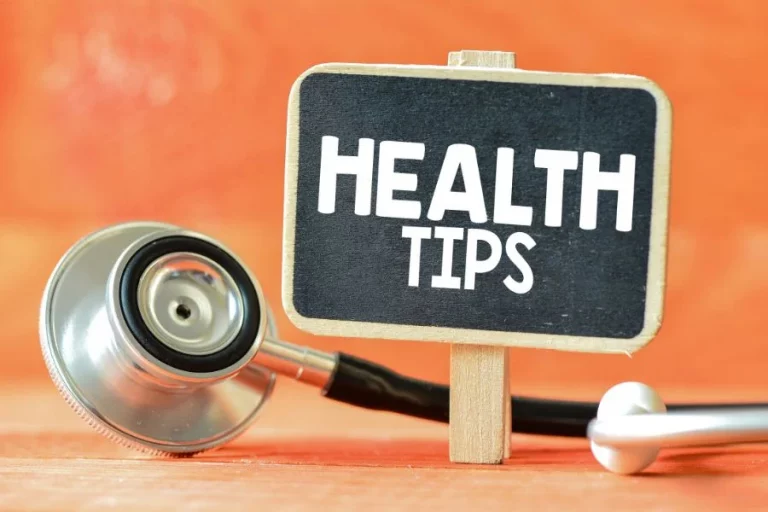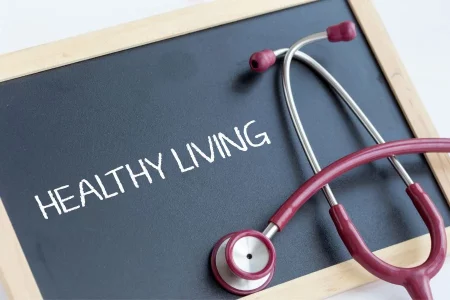Essential Health Tips
With the new year upon us, it is important to make sure that your health is a priority. With the world still facing the ever-present threat of the Covid-19 pandemic, it is important to know the essential health tips everyone should be following in 2023. From getting the recommended vaccines to eating a balanced diet and exercising regularly, these tips can help keep you and your loved ones safe, healthy, and happy in the coming year. By taking a proactive approach to your health, you can help protect yourself and your community from the risks of infection and long-term health complications. So, let’s take a look at the essential health tips everyone should be following in 2023.
Get the recommended vaccines
The first step to staying healthy is to make sure you have received the recommended vaccines at the appropriate ages. Vaccinating your children, yourself, and your loved ones can help prevent infection from several dangerous and deadly diseases, including measles, mumps, rubella, and hepatitis B. Even if you never plan to travel outside of your country, it is important to make sure that you receive all of the recommended vaccinations, as vaccine-preventable diseases are often found in your local community. When selecting a vaccination plan, it is important to find a medical provider who specializes in infectious disease and vaccination. By working with a medical professional who specializes in infectious diseases and vaccinations, you can ensure that you receive the correct vaccinations and are protected from a wide variety of diseases.
Maintain good hygiene
One of the best ways to stay healthy is to practice good hygiene. This means washing your hands regularly with soap and water, as well as keeping your nails trimmed and clean. In addition, you should avoid touching your eyes, nose, and mouth, especially if you are in contact with other people or in public places. You should also regularly disinfect your home, particularly your kitchen, bathrooms, and surfaces where food is prepared. Doing these things can help you avoid contracting infections and diseases, including the deadly Covid-19 virus. By practicing good hygiene, you can help ensure that you and your loved ones stay safe and healthy all year long.
Eat a balanced diet
Although the world is facing a dangerous pandemic, a shortage of food remains a persistent problem in many parts of the world. It is therefore important to eat a balanced diet, particularly in the event of a food shortage. Eating a balanced diet can help protect against many diseases and health conditions, including heart disease, obesity, diabetes, and certain types of cancer. In addition, it can help boost your immune system, giving you extra protection against contracting infections, including the Covid-19 virus. By eating a balanced diet, you can help protect your health in the coming year and beyond.
Stay active and exercise regularly
Regular physical activity is important for your mental and physical health. It can help reduce the risk of developing various chronic diseases, including heart disease and diabetes, as well as promote weight loss. In addition, regular physical activity can help boost your immune system, which can help you avoid contracting infections, including the Covid-19 virus. By staying active and exercising on a regular basis, you can help protect yourself from a wide variety of health conditions and diseases.
Get adequate sleep
Getting the recommended amount of sleep every night can help protect your mental and physical health. People who regularly sleep for fewer than 7 hours per night are at greater risk of developing conditions, including diabetes, hypertension, and depression. They are also more likely to catch colds and other infections, including the Covid-19 virus. By getting the recommended amount of sleep every night, you can help protect your health and avoid developing serious illnesses and conditions.
Avoid smoking and excessive alcohol consumption
Smoking tobacco products, such as cigarettes, cigars, and chewing tobacco, is one of the leading causes of disease and death in the world. It is estimated that smoking tobacco increases your risk of developing various diseases, including heart disease and lung cancer, by 2-4 times. By smoking tobacco products on a regular basis, you can significantly increase your risk of developing life-threatening diseases, such as the Covid-19 virus. In addition, excessive alcohol consumption is common in many parts of the world, particularly among young adults and students. Drinking large amounts of alcohol regularly can increase your risk of developing liver damage, certain types of cancer, and mental health issues, including depression and anxiety. By avoiding excessive alcohol consumption, you can help reduce your risk of developing life-threatening diseases, as well as mental health issues.
Practice safe sex
It is important to practice safe sex to reduce your risk of contracting a sexually transmitted infection (STI), including the Covid-19 virus. It is recommended that you use a condom when engaging in sexual intercourse, particularly if you are in a new or casual relationship. In addition, you should get tested for STIs, such as chlamydia, gonorrhea, and HIV, on a regular basis. By practicing safe sex, you can help protect your mental and physical health.
Get regular checkups and screenings
It is important to get regular health checkups and screenings, particularly if you are over the age of 40, to identify and treat health conditions early on. This can help reduce the risk of serious conditions, such as heart disease and stroke, as well as mental health issues, including depression and anxiety. By getting regular health checkups and screenings, you can help protect your health and reduce your risk of developing a wide variety of diseases and health conditions.
Manage stress
Stress is a normal part of everyday life, but you should strive to be mindful of it and learn how to manage it. Excessive stress can lead to anxiety and depression, which can be particularly damaging for younger people and students. In addition, it can contribute to the development of serious health conditions, such as heart disease and diabetes. To reduce your risk of developing stress, it is important to find a way to relax and unwind on a regular basis. By managing stress, you can help protect your mental and physical health.
Monitor your mental health
Finally, it is important to monitor your mental health. By monitoring your mental health, you can identify mental health issues and seek help for them before they become serious. You can monitor your mental health by keeping a mental health journal, using a mental health tracker, or seeing a mental health professional. By monitoring your mental health, you can help protect your mental health and reduce your risk of developing mental health issues.

